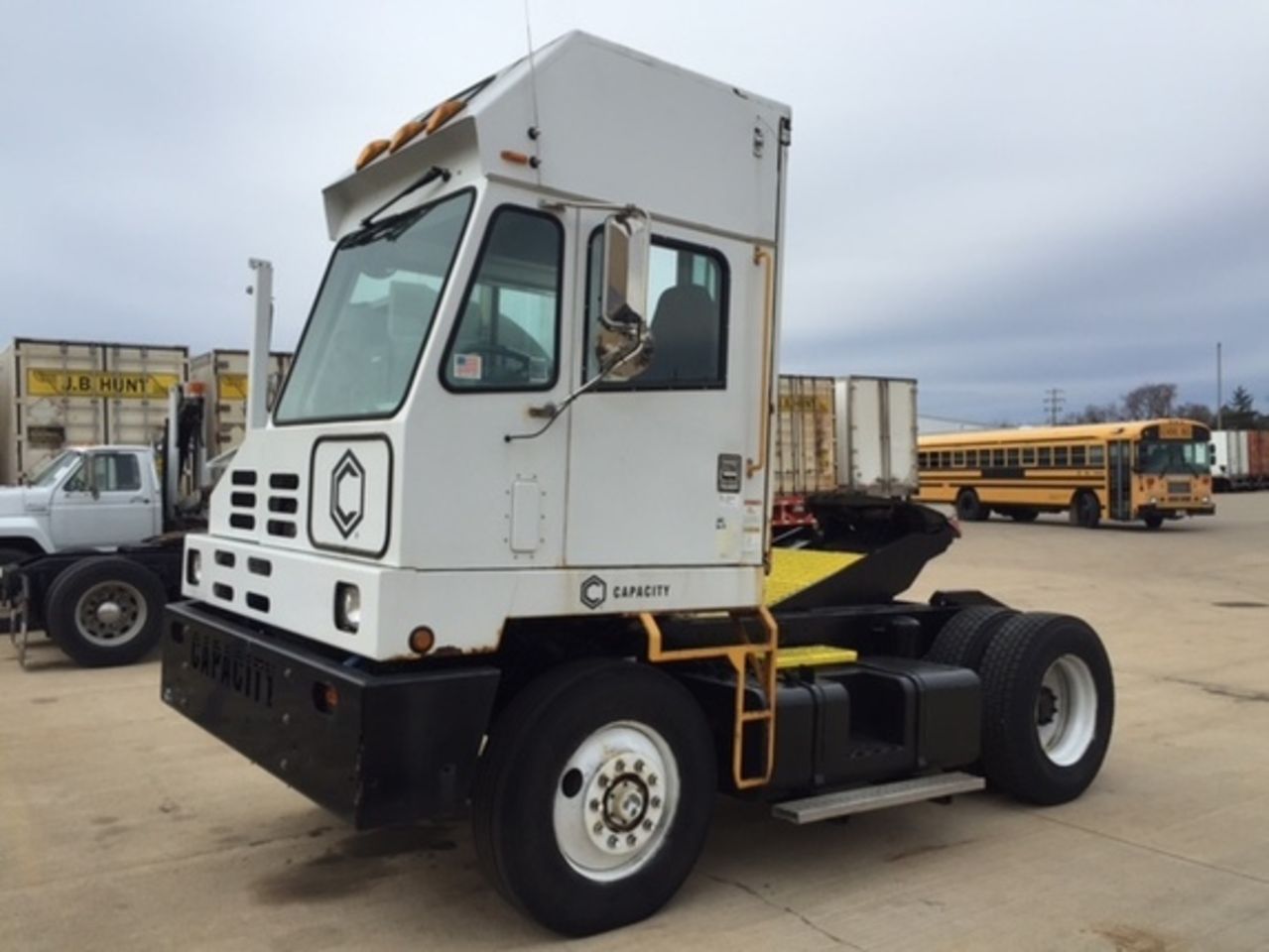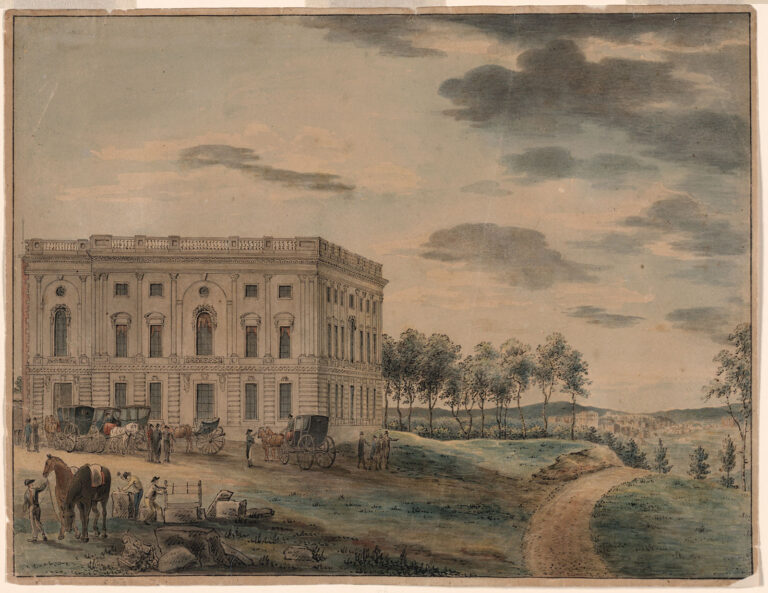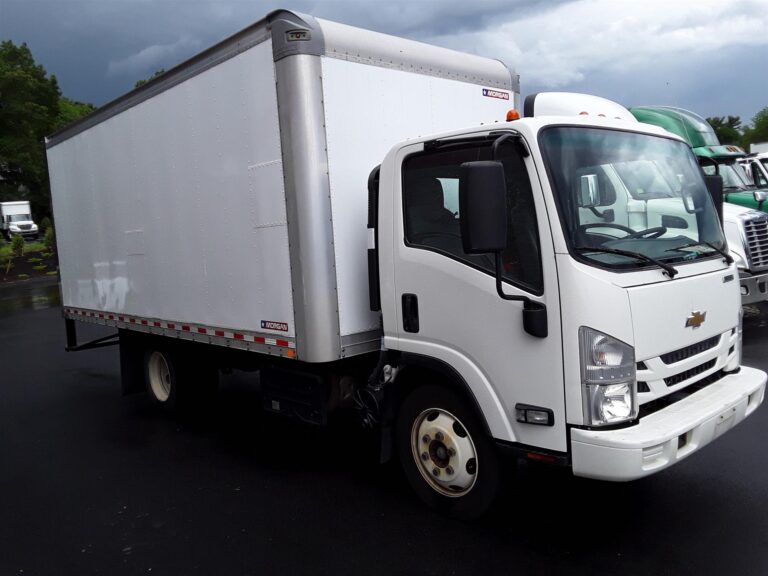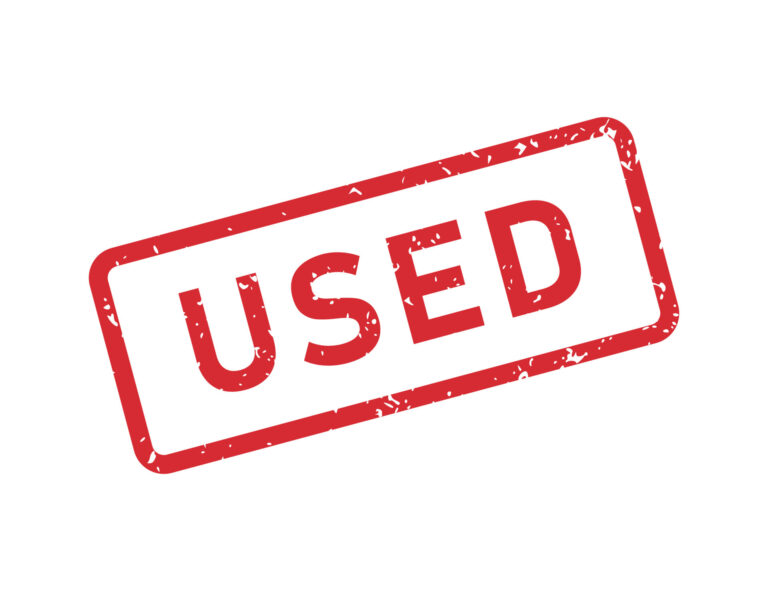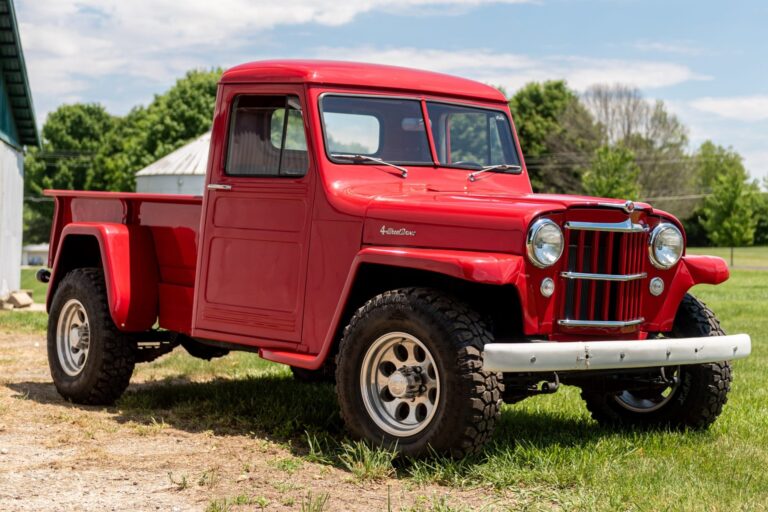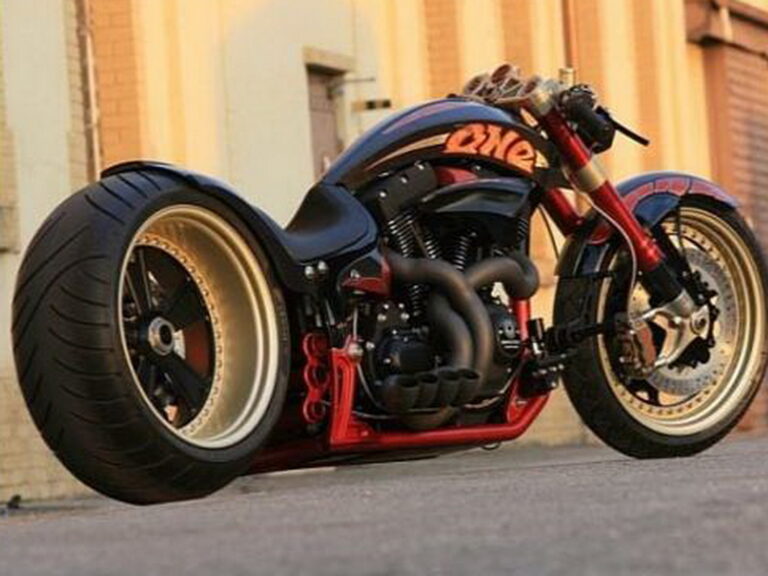Used Spotter Trucks For Sale: Your Comprehensive Guide to Smart Procurement
Used Spotter Trucks For Sale: Your Comprehensive Guide to Smart Procurement cars.truckstrend.com
In the fast-paced world of logistics, efficiency is paramount. Whether managing a bustling distribution center, an intermodal rail yard, or a busy port terminal, the ability to quickly and safely maneuver trailers is crucial. This is where the unsung hero of the yard, the spotter truck – also known as a yard dog, terminal tractor, or shunt truck – plays an indispensable role. These purpose-built vehicles are designed for the singular task of moving semi-trailers short distances, connecting and disconnecting them with remarkable speed and agility. While new spotter trucks offer cutting-edge features, the savvy business owner often turns to the robust market of used spotter trucks for sale. This guide will delve into why used units are a compelling option, what to look for, where to find them, and how to navigate the purchasing process to secure a valuable asset for your operations.
Why Consider Used Spotter Trucks? The Smart Economic Choice
Used Spotter Trucks For Sale: Your Comprehensive Guide to Smart Procurement
Investing in a used spotter truck presents a multitude of advantages, particularly for businesses seeking to optimize their capital expenditure without compromising on operational efficiency.
- Significant Cost Savings: The most obvious benefit is the substantial reduction in acquisition cost compared to a new unit. Used trucks can be priced anywhere from 30% to 70% less than their new counterparts, freeing up capital for other essential business investments.
- Immediate Availability: Unlike new trucks, which often come with lead times for manufacturing and delivery, used spotter trucks are typically available for immediate purchase and deployment, allowing you to quickly address urgent operational needs or expand your fleet.
- Depreciation Absorbed: New vehicles experience the steepest depreciation in their first few years. By purchasing used, you bypass this initial depreciation hit, acquiring an asset that has already stabilized in value.
- Proven Performance: A used truck has a track record. With proper maintenance records, you can gain insight into its past performance and reliability, mitigating some of the unknowns associated with a brand-new, unproven model in your specific environment.
- Ideal for Specific Scenarios: Used units are perfect for startups establishing their first yard, companies needing backup units, or businesses experiencing fluctuating demand that doesn’t justify a full new fleet investment. They offer a cost-effective way to scale operations.
- Environmental Responsibility: Opting for a used vehicle is also a form of recycling, extending the lifespan of existing machinery and reducing the demand for new manufacturing, contributing to a more sustainable business practice.
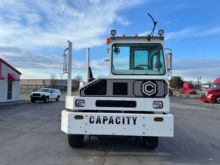
Key Factors When Buying a Used Spotter Truck
A successful purchase hinges on meticulous evaluation. Don’t rush into a decision; instead, focus on these critical aspects:
- Application & Capacity: Before anything else, define your needs. What types of trailers will it move (dry vans, reefers, flatbeds)? What are the typical gross vehicle weights? How many hours per day or week will it operate? This dictates the required horsepower, lift capacity, and overall duty cycle.
- Engine & Transmission: Most spotter trucks utilize robust diesel engines known for their torque and longevity. However, propane or CNG options are available, often favored for indoor operations due to lower emissions. Check engine hours (more indicative than mileage for these vehicles) and verify transmission function. Automatic transmissions are standard for ease of operation.
- Lift System (Fifth Wheel): The hydraulic or air-lift fifth wheel is the heart of a spotter truck. Inspect for leaks, wear on the kingpin lock, and smooth operation. Test the lift mechanism multiple times under various conditions if possible.
- Brakes & Tires: These are crucial safety components. Examine tire tread depth and check for uneven wear, which could indicate alignment issues. Inspect brake lines, air tanks, and ensure the parking brake functions correctly.
- Cab Condition & Ergonomics: The driver spends hours in the cab. Check for comfortable seating, working HVAC, functional gauges, lights, and wipers. Good visibility is paramount; inspect mirrors and windows for cracks or obstructions.
- Frame & Chassis: Look for signs of significant rust, cracks, or previous repair work on the frame rails. A bent or damaged frame can indicate a past accident and lead to chronic issues.
- Maintenance Records: This is perhaps the most valuable piece of information. Comprehensive service records will reveal the truck’s history, including routine maintenance, major repairs, and parts replacements. A well-documented history indicates a well-cared-for machine.
- Professional Inspection: Always, always, always get a pre-purchase inspection by an independent, qualified mechanic specializing in heavy trucks. They can identify hidden issues that might be missed during a casual visual inspection.
- Emission Standards: Be aware of local and state emission regulations. Older trucks might not meet current standards, potentially limiting their operational areas or requiring costly modifications.
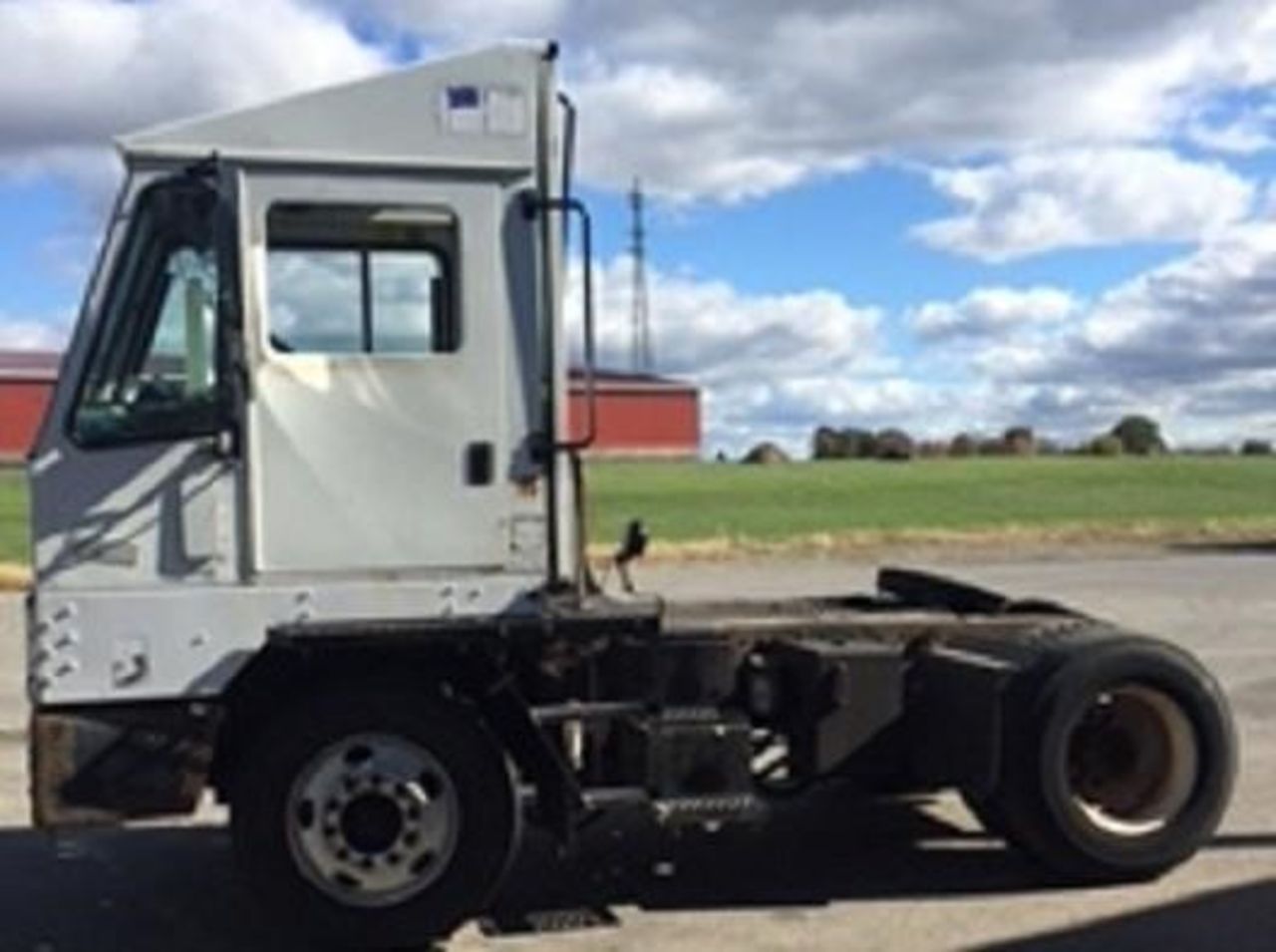

Where to Find Used Spotter Trucks For Sale
The market for used spotter trucks is robust, offering several avenues for procurement:
- Specialized Dealerships: Many commercial truck dealerships specialize in heavy equipment, including spotter trucks. These dealers often provide a vetted inventory, offer financing options, and sometimes even include limited warranties or maintenance packages. They are a reliable source for quality units.
- Online Marketplaces & Aggregators: Websites like TruckPaper.com, CommercialTruckTrader.com, MyLittleSalesman.com, and EquipmentTrader.com host vast listings from dealers and private sellers across the country. These platforms allow you to filter by manufacturer, year, price, and location.
- Auctions (Online & Live): Ritchie Bros. Auctioneers, IronPlanet, and other industrial auction houses frequently feature used spotter trucks. Auctions can yield lower prices, but units are typically sold "as-is, where-is," requiring buyers to be highly knowledgeable or bring a mechanic for pre-bidding inspections.
- Direct from Fleets: Companies upgrading their equipment often sell their older, well-maintained spotter trucks directly. This can be a great source for units with a known history, often maintained by professional in-house teams. Networking within industry associations can uncover these opportunities.
- Equipment Brokers: Brokers act as intermediaries, connecting buyers with sellers. They can save you time by sourcing trucks that meet your specifications, though their services come with a fee.
The Buying Process: A Step-by-Step Guide
Navigating the purchase of a used spotter truck requires a methodical approach to ensure you make an informed and beneficial decision.
- Define Your Needs & Budget: Clearly outline your operational requirements, preferred features, and a realistic budget range. Factor in potential post-purchase maintenance and transport costs.
- Research & Shortlist: Use online platforms and dealership websites to identify potential candidates that match your criteria. Create a shortlist of trucks that look promising.
- Contact Sellers & Gather Information: Reach out to sellers for detailed specifications, additional photos, and, most importantly, maintenance records. Ask about the truck’s operational history and why it’s being sold.
- Thorough Inspection (DIY & Professional): If possible, conduct an initial visual inspection yourself. Then, arrange for a professional, independent mechanic to perform a comprehensive pre-purchase inspection. This step is non-negotiable for mitigating risk.
- Test Drive: Operate the truck as if you were working. Test all functions: lift system, brakes, steering, lights, and controls. Listen for unusual noises and feel for any vibrations or rough spots.
- Negotiate Price: Based on the inspection findings and market value, negotiate a fair price. Be prepared to walk away if the deal isn’t right or if significant issues are uncovered that the seller isn’t willing to address.
- Verify Paperwork: Ensure the title is clear, there are no liens, and all service records are legitimate.
- Arrange Financing & Purchase: Secure financing if needed, and finalize the purchase agreement. Understand all terms and conditions before signing.
- Transport: Plan for the transportation of the truck from the seller’s location to your facility. This may require specialized heavy haul services.
Common Challenges and Solutions
Even with careful planning, challenges can arise when buying used equipment.
- Hidden Problems: The biggest challenge is uncovering issues not immediately apparent.
- Solution: A comprehensive professional pre-purchase inspection is your strongest defense. Insist on it.
- Lack of Maintenance Records: Some sellers may not have complete service histories.
- Solution: Proceed with extreme caution. If you still consider the truck, a more rigorous inspection by a trusted mechanic is essential, and you should factor in a higher contingency for potential repairs. Use this as a negotiation point for a lower price.
- Transport Logistics: Moving a heavy commercial vehicle can be complex and costly.
- Solution: Get multiple quotes from specialized heavy haul transport companies. Factor this cost into your budget from the outset.
- Financing: Securing financing for older used equipment can sometimes be more challenging than for new.
- Solution: Work with lenders who specialize in commercial truck and equipment financing. They understand the nuances of the market.
- Post-Purchase Maintenance: Expect that a used truck will require some immediate attention.
- Solution: Budget for initial fluid changes, filter replacements, and any minor repairs identified during the inspection. Consider a full preventative maintenance service immediately after acquisition.
Leading Manufacturers in the Spotter Truck Market
While many brands have existed, a few stand out as industry leaders, making their used models readily available and supported:
- Kalmar Ottawa: Widely considered the market leader, Ottawa trucks are known for their durability, driver comfort, and extensive dealer network.
- Capacity Trucks: Another prominent manufacturer, Capacity offers robust and reliable terminal tractors, often favored for their heavy-duty applications.
- Autocar: While better known for their refuse and vocational trucks, Autocar also produces terminal tractors, recognized for their strong chassis and customizability.
Used Spotter Trucks For Sale: Estimated Price Guide
Please note that these are estimated price ranges and can vary significantly based on the truck’s exact condition, engine hours, maintenance history, specific features (e.g., lift capacity, A/C), geographic location, and current market demand. This table provides a general idea.
| Manufacturer/Model | Year Range | Condition | Estimated Price Range (USD) | Key Features / Notes |
|---|---|---|---|---|
| Kalmar Ottawa T2 / T2i | 2010-2014 | Fair | $20,000 – $35,000 | High hours, potential minor body damage, basic service |
| Kalmar Ottawa T2 / T2i | 2015-2018 | Good | $35,000 – $60,000 | Well-maintained, moderate hours, good operational |
| Kalmar Ottawa T2 / T2i | 2019-2022 | Excellent | $60,000 – $95,000 | Low hours, modern features, nearly new condition |
| Capacity TJ5000 / TJ9000 | 2010-2014 | Fair | $20,000 – $35,000 | Similar to Ottawa in this range, robust frames |
| Capacity TJ5000 / TJ9000 | 2015-2018 | Good | $35,000 – $60,000 | Strong contenders, often preferred for heavy-duty apps |
| Capacity TJ5000 / TJ9000 | 2019-2022 | Excellent | $60,000 – $95,000 | Reliable, good parts availability |
| Autocar ACTT | 2010-2014 | Fair | $18,000 – $30,000 | Less common in this range, but can be value finds |
| Autocar ACTT | 2015-2018 | Good | $30,000 – $55,000 | Solid chassis, good for specific applications |
| Autocar ACTT | 2019-2022 | Excellent | $55,000 – $90,000 | Good for those seeking specific Autocar features |
| Older Models (Pre-2010) | Varies | Poor/Fair | $10,000 – $25,000 | High risk, best for parts or those with in-house repair |
Frequently Asked Questions (FAQ) About Used Spotter Trucks
Q1: What is the difference between a "yard dog," "terminal tractor," and "spotter truck"?
A1: These terms are largely interchangeable and refer to the same type of specialized truck designed for moving semi-trailers within a yard, terminal, or dock facility. "Spotter truck" or "terminal tractor" are the most formal terms, while "yard dog" or "shunt truck" are common colloquialisms.
Q2: How long do used spotter trucks typically last?
A2: With proper maintenance, a well-built spotter truck can last for 15-20 years or more. Their lifespan is often measured in engine hours rather than miles, as they operate at low speeds and idle frequently. A truck with 15,000-25,000 hours might still have significant life left.
Q3: Should I choose a diesel or a propane/CNG spotter truck?
A3: Diesel trucks offer more power and are generally preferred for outdoor, heavy-duty applications. Propane or CNG trucks produce lower emissions, making them ideal for indoor operations (warehouses, enclosed docks) or areas with strict air quality regulations. They may have lower fuel costs but potentially higher maintenance for their specific fuel systems.
Q4: Are parts readily available for older used spotter truck models?
A4: For major manufacturers like Kalmar Ottawa and Capacity, parts are generally available even for older models due to their widespread use and robust aftermarket support. However, very old or obscure models might pose challenges. Always verify parts availability for critical components before purchasing.
Q5: What kind of license do I need to operate a spotter truck?
A5: In most jurisdictions, if the spotter truck is operated only on private property and not on public roads, a standard driver’s license (or sometimes no specific license, depending on company policy) is sufficient. However, if the truck is ever driven on public roads (even briefly), a Commercial Driver’s License (CDL) with appropriate endorsements will likely be required, depending on the truck’s weight and configuration. Always check local Department of Motor Vehicles (DMV) or transportation authority regulations.
Q6: Can I rent a spotter truck instead of buying a used one?
A6: Yes, many equipment rental companies offer spotter trucks for short-term or long-term rental. This can be an excellent option for seasonal demand, testing different models, or avoiding a large capital outlay. However, for continuous, long-term use, buying a used truck often becomes more cost-effective than renting.
Conclusion
The decision to purchase a used spotter truck is a strategic one that can significantly impact your operational efficiency and bottom line. By understanding the compelling benefits of cost savings and immediate availability, coupled with a diligent approach to inspection and a clear understanding of your needs, you can navigate the market with confidence. Remember to prioritize thorough inspections, leverage detailed maintenance records, and choose reputable sources for your purchase. With the right used spotter truck, you can enhance your logistics capabilities, streamline yard operations, and ensure that your trailers are always precisely where they need to be, when they need to be there, all while making a smart, economically sound investment.
